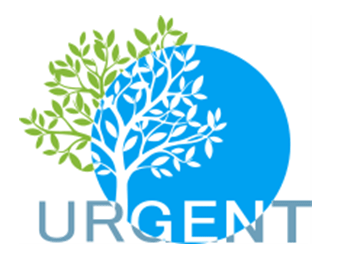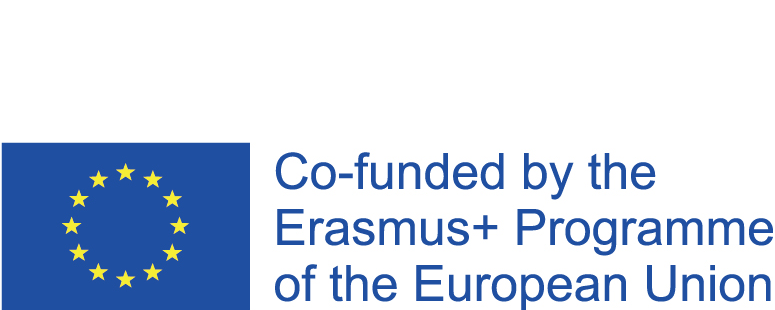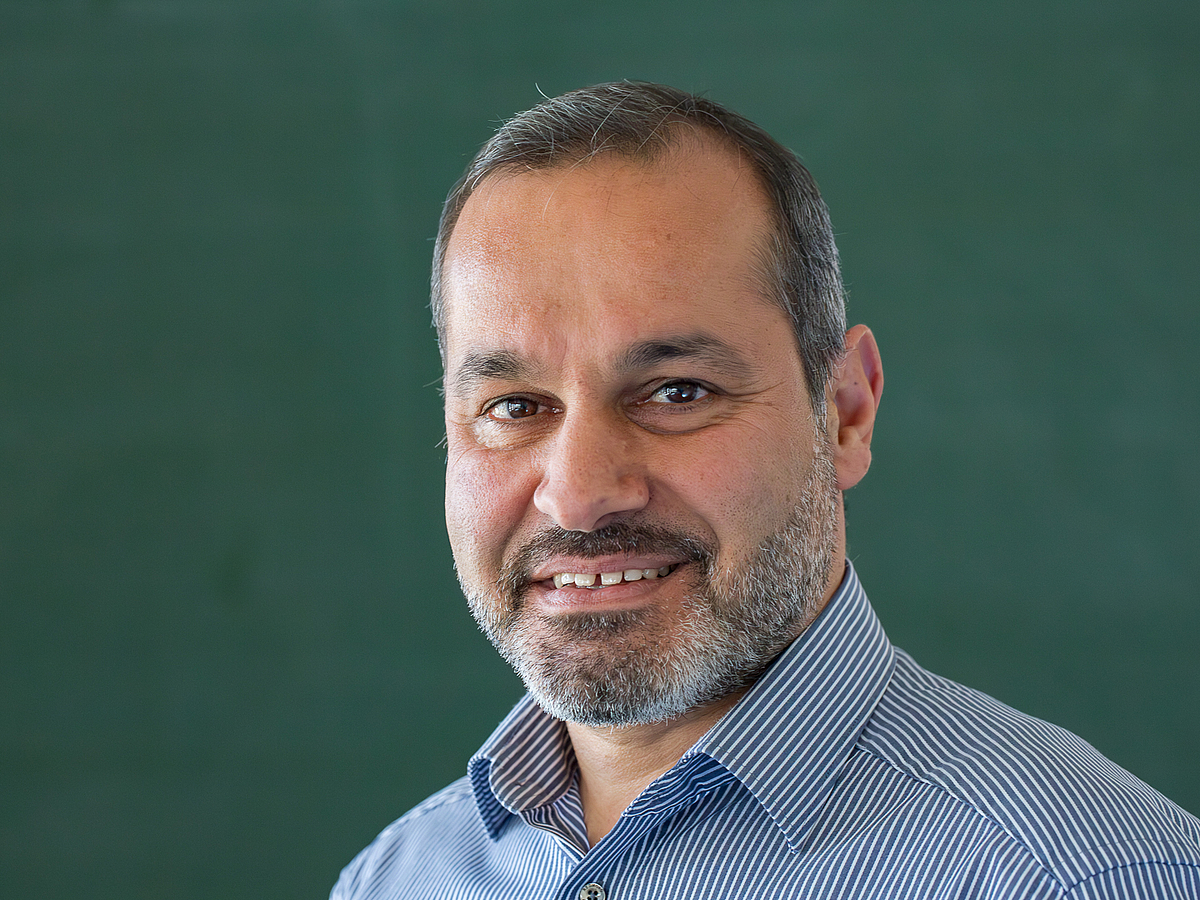URGENT
Urban Resilience and Adaptation for India and Mongolia: curricula, capacity, ICT and stakeholder collaboration to support green & blue infrastructure and nature-based solutions

Project Description
URGENT’s aim is to promote green & blue infrastructure and nature-based solutions (GBI&NBS) for resilient, climate-friendly and liveable cities in IN & MN (partner countries – PCs) through ICT-enhanced tertiary education linked to labour markets & wider stakeholder circles. This aim will be achieved through the following objectives:
- To revise and upgrade selected GBI&NBS -relevant BSc, MSc & PhD programs in PIs to make them end-user-oriented & policy-relevant, and develop 6 modules addressing GBI&NBS-related hotspots, that can be used interchangeably in tertiary & LLL education.
- To develop shared UREGENT Collaborative Learning Platform & online training services of the new generation for qualitative improvement of the education process & academic workflow support among universities & stakeholders across the PCs & EU.
- To create sustainable feedback mechanisms to end-users, ensuring adaptive & practice-relevant teaching contents, knowledge co-production opportunities and stakeholder support to post-project course development & teaching.
To develop capacity for academic mobility, shared experimental facilities and joint research by PIs & beyond.
Project Information
Project Coordinator:
University of Bremen, Center for Multimedia in Higher Education (ZMML)
Local Staff:
- Dr. Yildiray Ogurol (Coordinator)
- Dr. Igor Novopashenny
Lifetime:
2021 - 2024
Project Website:
Funding:
Erasmus+ (KA2, Capacity Building in Higher Education, EAC/A02/2019)

The European Commission support for the production of this publication does not constitute an endorsement of the contents which reflects the views only of the authors, and the Commission cannot be held responsible for any use which may be made of the information contained therein.
This project No. 619050-EPP-1-2020-1-DE-EPPKA2-CBHE-JP has been funded by Erasmus+ CBHE programme of the European Union.
Partners:
- University of Catania, Italy
- Estonian University of Life Sciences, Estonia
- Martin Luther University of Halle-Wittenberg, Germany
- National University of Mongolia, Mongolia
- Khovd University, Mongolia
- Mongolian University of Life Sciences, Mongolia
- Urban Planning and Research Institute, Mongolia
- National Garden Park of Ulaanbaatar, Mongolia
- Jawaharlal Nehru University, India
- Nirma University, India
- Pondicherry University, India
- Sher-e-Kashmir University of Agricultural Sciences & Technology of Kashmir, India
- National Institute of Urban Affairs, India
- Gujarat International Finance Tec City Company Limited, India

